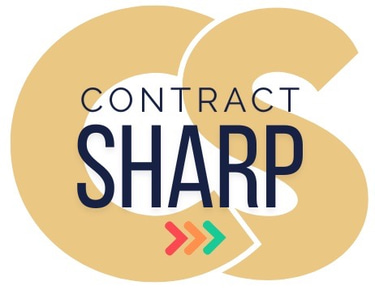The Hidden Clauses That Drain Value From Your Tech Contracts
Most executives focus on the headline terms of a contract — the price, the deliverables, and when they can exit. Those are important. But the real damage often comes from elsewhere: the small print. Buried clauses, overlooked in the rush of negotiation, can quietly drain value, restrict flexibility, and hand control back to suppliers. Here are four of the most common hidden traps:
5/8/20241 min read
1. Auto-Renewal Clauses
Suppliers don’t always win deals by outperforming the competition. Sometimes, they win by ensuring you never test the competition at all. Auto-renewal clauses can trap you into extensions unless you give notice months in advance — and those deadlines often arrive before anyone is paying attention. Miss them, and your leverage to renegotiate evaporates.
2. Vague Service Level Agreements
A contract that promises “reasonable efforts” or “industry standard” service is not really a contract about performance. It’s an invitation to argue later. Without measurable metrics and defined remedies, SLAs function as marketing language rather than binding commitments.
3. One-Sided Termination Rights
Termination for convenience sounds fair — until you realise it applies only to the supplier. That imbalance gives them an escape route while you remain locked in. It turns a supposedly bilateral agreement into something closer to a unilateral licence.
4. Audit Rights Tilted Against You
Audit rights exist for good reason. But many are written in a way that lets suppliers turn them into revenue streams — not safeguards. If the contract allows broad audits with little notice, suppliers can trawl through your systems and bill for alleged “overuse.” That’s less about compliance, more about opportunistic income.


Contract Management Insights
Contract Sharp
Make every tech contract work for you - not against you
Contact
hello@contractsharp.com
07508 342798
© 2025 Contract Sharp. All rights reserved.
